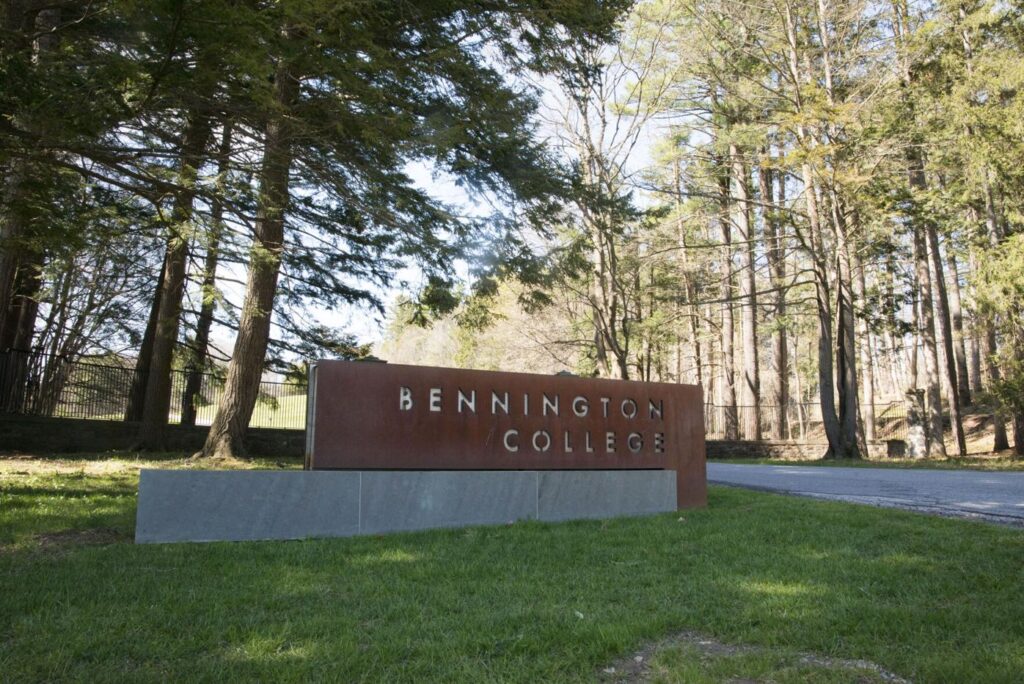
The new Student Council has delivered its first policy proposal to the president’s desk, which offers research and suggestions regarding an increase to the Field Work Term stipend available to First-generation, Low income & Working class (FLoW) students. The proposal was submitted on October 27th.
The financial burden inflicted by the college’s requirement for students to complete a six-week long Field Work Term each year is felt by many students throughout the college, and few feel that impact more than FLoW students. At the time of the proposal’s creation, the main financial aid resource available to help FLoW students complete annual FWTs was a stipend of $500; to some students, this was almost more insulting than helpful. This is especially true for many international students, for whom $500 will hardly make a difference in necessary expenses.
In fact, it was personal experience in this area that led junior Samuel de Sousa to begin the effort to increase the stipend. “All international students have to go abroad for their Field Work Terms because of visa restrictions,” De Sousa said. “So I left the US, and was in a country that was also not mine, because I couldn’t go home either – I’m from Venezuela, and I went to Guatemala. I ran out of money while I was there, which is, you know, a situation you don’t want to be in. “
It seemed the case to De Sousa – and to other FLoW students, he suspected – that if the College requires FWTs to be completed, then they should offer assistance to offset the costs. Despite being a graduation requirement, tuition costs and regular academic scholarships cannot be used to reduce the expense. De Sousa began with data-gathering, publishing a Google Form to survey both FLoW and non-FLoW students about their experiences with Field Work Term.
“When I started designing the form and the questions to gather the data, I constantly asked FLoW students,” De Sousa said. “I was always checking in, and I got feedback constantly to reframe questions in the form, to make them more specific, to define what financial distress and hardships were.”
Much of the data gathered appears in the final proposal given by the Student Council. In addition to quantitative data (i.e., how many students are affected, to what extent existing fellowships and grants are helpful,) the proposal also gives quantitative data in the form of student testimonials. “Bennington College attempts to present itself as an institution of equal opportunity for the students that attend. Currently, one of the unique programs that Bennington requires students to complete is inaccessible, under-supported, and unfeasible for an inexcusably large percentage of students,” one anonymous testimony reads. “FLoW students deserve more financial support for FWT and the fact that they are currently struggling to complete a REQUIRED experience due to a lack of support from the college is unacceptable to begin with.”
The effort to increase the stipend transitioned from a grassroots project to a more formalized bill in October, once the Student Council was elected and began to convene. Throughout this process, they always sought the support of the students the proposal sought to represent. “Though it was my initial idea, and I was leading it, I made sure it was legitimate by always checking with all the people who were offering their data, their time, their signatures,” De Sousa said.
Included in the proposal is, first and foremost, the recommendation by the Student Council to increase the Field Work Term stipend available to FLoW students from $500 to $1,000. The members of the Student Council were always aware – and in no uncertain terms – that the College would be resistant to such a demand. “The administration told us before we even drafted it that, right out of hand, this is not possible. We do not have the money for this,” Umang Malik, a sophomore council member, said. “But it’s still in the bill. The main text still says, our suggestion is to raise the Field Work Term stipend.”
Other suggestions given in the proposal include:
- Increasing the stipend to $750
- A percentage of FLoW students with the most demonstrated need will receive the larger stipend of $1,000
- Creating a mode of arrangement with the Alumni network to support FLoW students with free housing during FWT.
For several of the council members, it was as important to maintain a potentially unfeasible position as it was to include more realistic alternatives. Watering down the council’s objective by making concessions in the administration’s favor – before negotiations even began – would only weaken the Student Council, and diminish the kind of change it seeks to create.
Very shortly after the proposal’s submission, the College released an email promoting a new need-based FWT scholarship being made available; while this change aligned very closely with those laid out in the policy proposal, the College gave the council no notice as to whether or not the email and the proposal were at all related.
As per the terms agreed to at the Student Council’s creation, once a policy proposal has been submitted, the administration must respond to the proposal within a ten-day period. Ten days after the FWT stipend proposal, email correspondence began between Laura Walker and the Student Council to plan for a meeting. There were negotiations between Walker and the council about the meeting’s agenda, and whether or not the general student body would be permitted to attend. The meeting took place on Monday, Nov. 21st. So far, no announcement from the college has been made.





Be First to Comment